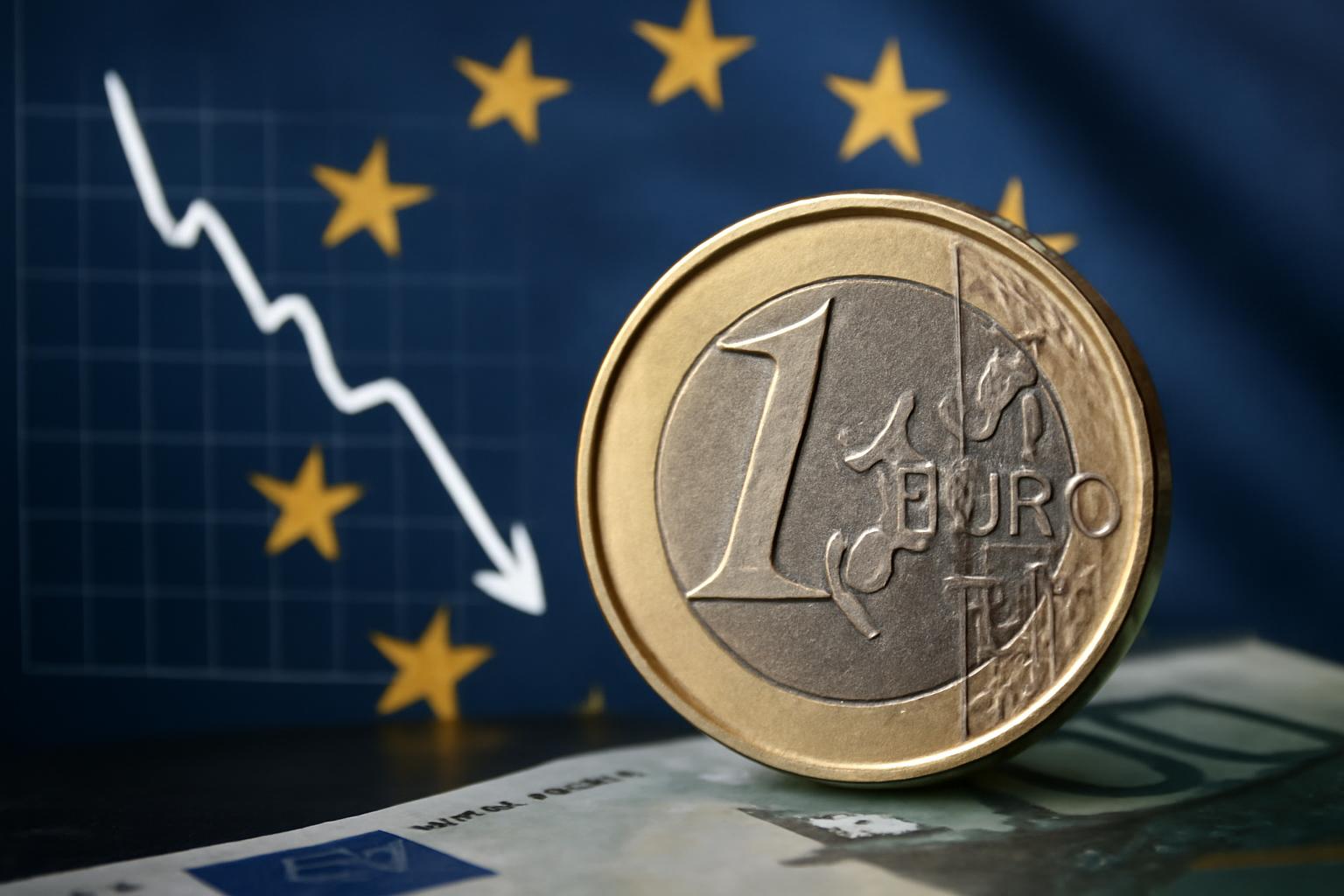The press release outlines a significant appreciation of the euro against the US dollar, driven by a redirection of global investment flows away from the United States and toward Europe, largely due to the unpredictability of President Trump's trade policies. This currency shift has mixed consequences. German consumers stand to gain, enjoying cheaper imports, reduced energy costs, and an environment of slower inflation, which in turn grants the European Central Bank more flexibility in setting interest rates. On the other hand, Germany’s formidable export sector—accounting for over 40% of GDP—faces considerable challenges: stronger euro means pricier goods abroad, squeezed profits, and declining conversion value for global earnings. Export-heavy companies, typified by SAP, may see their margins eroded unless they successfully hedge their currency risks. With many Eurozone corporations likely to report diminished earnings, the DAX and broader European equity markets could stagnate, with knock-on effects threatening jobs and overall economic dynamism.
Let us not delude ourselves about the dangers inherent in such developments, and above all, let us not imagine that there is some technocratic solution which can balance the interests of all through mere currency manipulation or titration of interest rates! The perennial lesson of economic history—and the one so stubbornly overlooked by the architects of the euro, by central bankers everywhere, and by those who would manage prosperity from their oaken desks—is that prosperity cannot be constructed by fiat. The spontaneous order of the market, when allowed to function, brings about its own equilibria, with knowledge dispersed among millions acting in pursuit of their own ends. But each act of intervention—each attempt to "fine-tune" by monetary authorities, each protectionist twitch of a politician fleeing the repercussions of their own unpredictability—sends a cascade of distortions through that delicate order.
The current situation, provoked in no small measure by the erratic commercial policies of the American president, demonstrates the folly of economic nationalism: capital flees capricious regimes, seeking havens where calculation is possible, and the resultant shifts in currency values are not mere idle fluctuations but the vivid pulse of an international order adjusting in real time. Yet the outcry, even in Germany, is all too predictable: calls for more “action,” for the ECB to administer the right “medicine,” or for governments to “protect” exporters from the consequences of the market’s verdict.
But consider: if German exporters have become dependent on a perpetually weak euro, then this is merely a sign that previous interventions have made them unwisely reliant on the privileges of the moment, at the expense of responding to market signals over the long run. The adaptation demanded by a stronger currency is not a curse; it is the market’s way of allocating resources so that those best able to satisfy the wants of others will succeed—wherever those others happen to be found.
Any rescue engineered through artificial depreciation, barriers, or state largesse can only prolong and amplify the distortions, entrenching sclerosis rather than fostering adaptation. The prosperity and freedom of Germany and Europe will never be sustained by insulating favored sectors from the reality of competitive markets. Instead, genuine progress consists in allowing prices and currencies to perform their function as transmitters of information—painful as their message may sometimes be.
The solution, therefore, is not new powers for the ECB, nor fresh schemes of “protection,” but a principled stand for open markets and rules-based trading arrangements that eschew the caprice of men for the impartiality of competition. Only in such a framework can consumers, workers, and entrepreneurs hope to pursue their own projects, confident that their fortunes will be determined by merit, ingenuity, and the value they create—not by the shifting whims of monetary or political authorities. It is long past time to reject the seductive fallacy that prosperity can be engineered from above. Let us, rather, trust the wisdom of spontaneous order, and allow the market to do what no bureaucracy ever could.
